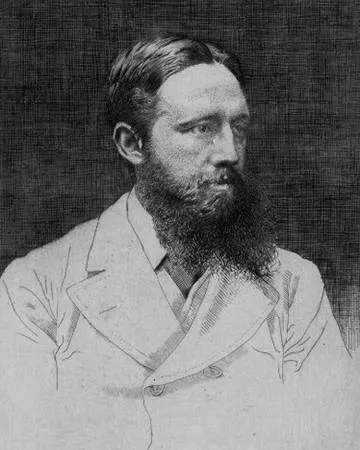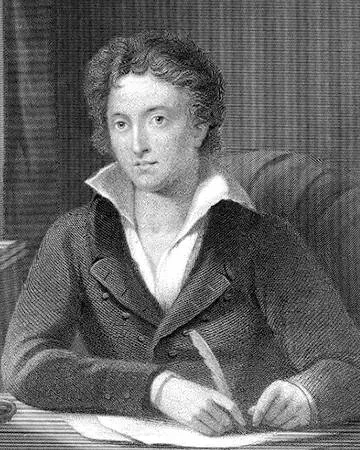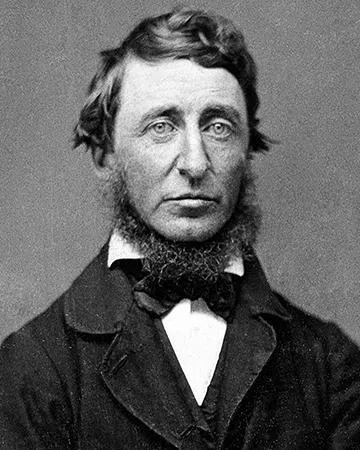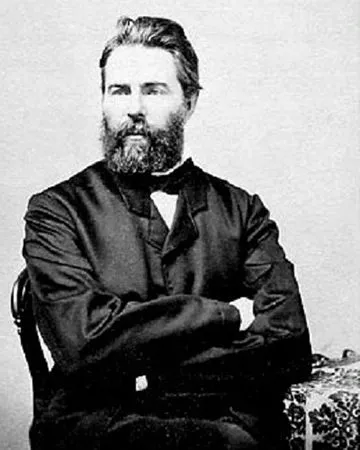Henry Stephens Salt was a prolific author, with his works including biographies, essays, poetry, and criticism of literature. His important contributions to literary criticism, and his work in this field deserves greater recognition.
I have written books because I liked doing so, not because they brought me any profit — A Group of Unpublished Letters by Henry Salt to Joseph Ishill
Salt’s interest in literature began at an early age, and he was a voracious reader throughout his life. He studied at Cambridge University, where he earned a degree in classics, and later went on to become a teacher.
Salt’s literary criticism was shaped by his broader political and social views. He was deeply committed to social justice, and he believed that literature had an important role to play in promoting ethical values and social reform. Salt’s interest in literature was also deeply influenced by his love of nature and his belief that literature could inspire people to appreciate and protect the natural world. He was a great admirer of the American writer Henry David Thoreau, whose works he felt embodied the spirit of nature and individualism. Salt wrote extensively about Thoreau’s ideas and his most famous work, “Walden,” which he regarded as a manifesto for the simple life and a call to protect the environment.
In addition to Thoreau, Salt was also an admirer of Percy Bysshe Shelley, whom he saw as a champion of freedom, equality, and the natural world. Salt wrote several essays on Shelley’s works, including “Prometheus Unbound,” “The Mask of Anarchy,” and “Adonais.” He believed that Shelley’s poetry was an important voice of dissent against the oppressive institutions of his time and a call for social change.
Salt was also interested in the works of James Thompson, a Scottish poet best known for his poem “The Seasons.” Thompson’s poetry was deeply influenced by his love of nature, and Salt admired his ability to capture the beauty and wonder of the natural world in his writing. Salt wrote extensively about Thompson’s poetry and regarded him as one of the most important literary figures of his time.
Another writer who deeply influenced Salt was Richard Jefferies, an English naturalist and writer known for his works on rural life and the English countryside. Salt saw Jefferies as a visionary writer who understood the importance of nature in human life and believed that his works were essential reading for anyone interested in the environment.
Finally, Salt was a great admirer of Edward Carpenter, an English socialist and writer known for his advocacy for social justice and the rights of the working class. Salt and Carpenter were close friends and shared a deep interest in nature and its importance in human life. Salt wrote extensively about Carpenter’s works, including his poetry, essays, and political writings, and regarded him as a leading voice in the struggle for social justice.
Henry Salt was an important literary critic who believed that literature had the power to inspire people to appreciate and protect the natural world. His admiration for writers such as John Barlas, Francis Adams, Henry Thoreau, Herman Melville, Nathaniel Hawthorne, Percy Bysshe Shelley, James Thompson (B.V.), Thomas De Quincey and Carpenter reflected his deep commitment to social justice and the importance of nature in human life. Salt’s works continue to be influential today, and his legacy as a writer, critic, and advocate for animal rights and social justice lives on., and dietary reform.
In his biographies and critical studies, which make up a large part of his publications, Salt was most satisfied and successful when he treated authors with whom he had most sympathy… George Hendrick, Henry Salt




